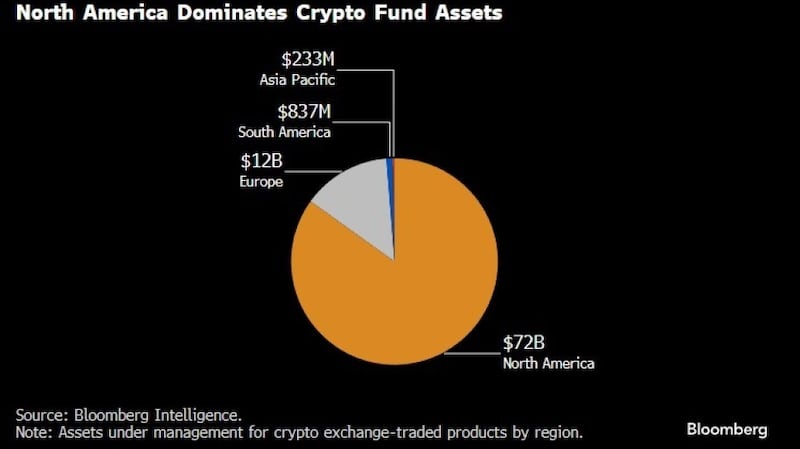Here are five things you need to know this morning:
GDP numbers land with a thud: We got Canada’s latest economic reading today and the numbers don’t paint a picture of an economy firing on all cylinders. Statistics Canada reported Tuesday morning that the country’s Gross Domestic Product (GDP) grew by 0.2 per cent in February. That’s down from a revised 0.5 per cent in January and below the 0.3 per cent expected. The advance look on March is looking like a flat showing for that month, which means the first quarter as a whole is going to eke out very little growth, if any. The loonie plunged on the news, falling about a quarter of a cent. The weak showing adds to the likelihood that the central bank is going to be comfortable easing its monetary policy soon with a rate cut possibly as soon as June. Trading in overnight index swaps implies investors think there’s about a 50-50 chance of one at the bank’s next policy meeting. “I think that’s looking more likely after these numbers,” said Dylan Smith, a senior economist with Rosenberg Research, on BNN Bloomberg’s The Street this morning. “There’s no way around it – that was a disappointing number.”
Hong Kong launches spot crypto ETFs: After seeing the inflows into similar New York-based products earlier this year, asset managers in Hong Kong launched a batch of spot-price crypto ETFs on that city’s stock exchange on Tuesday. Three different companies launched bitcoin or ether-based products, and while early trading in the funds was sparse (about US$11 million worth changed hands), backers think that figure is poised to grow. Bloomberg Intelligence analyst Rebecca Sin estimates that the funds collectively may amass $1 billion over two years, but backers of the products are hoping for much higher — as much as $300 million in daily volume — by leveraging the first mover advantage in Asian markets to siphon trading that’s currently happening elsewhere. Officially, trading in crypto assets is banned in mainland China, but by approving the ETFs, Hong Kong is trying to make itself the Asian hub for trading in the assets, even as it currently sees only a fraction of the amount that is traded elsewhere.

Restaurant Brands posts strong results: Shares in Restaurant Brands International are poised for a good day on the TSX on Tuesday as the owner of Tim Hortons, Burger King, Popeye’s and Firehouse Subs revealed quarterly results. Across all of its brands, revenue topped US$1.7 billion during the first quarter, ahead of both last year’s pace and analyst expectations. Profit rose to $230 million from $189 million previously, and system-wide sales rose by 8.1 per cent. While the company owns a number of chains, management’s focus right now is on Burger King, where the company has been trying to rejuvenate the brand. The company is spending roughly $1 billion to buy its largest franchisee, Carrols Restaurant Group Inc., in order to speed up a remodeling and modernization plan for its restaurants. Same-store sales at Burger King rose 3.8 per cent during the quarter, which is less than the pace of other RBI-owned brands, but ahead of expectations.
Air Transat dispatchers give union a 100% strike mandate: Airline dispatchers at Air Transat have given their union a strong strike mandate after voting 100 per cent in favour of job action. The 28 workers represented by the Canadian Airline Dispatchers Association have been without a deal since October 2022, and the latest round of talks with the company ended earlier this month. It’s unclear what next steps are in the impasse, but the union that represents the people who prepare flight plans, board fuel, monitor aircraft systems and weather, and deal with in-flight emergencies along with other very important functions are said to be “very disappointed at the progress of talks.” No Air Transat aircraft can depart without the approval of the flight plan by a dispatcher, the union says.
Eli Lilly shares pop on weight loss drug optimism: Shares in Eli Lilly jumped in premarket trading on Tuesday after the drugmaker posted strong quarterly sales numbers and an upbeat forecast. The company boosted its guidance for revenue this year by US$2 billion to a range topping at $43.6 billion, and much of the reason for the optimism stems from brisk sales of Zepbound, which was recently approved for use by the FDA for weight loss. It’s marketed as a diabetes drug under the name Mounjaro and it’s one of a family of so-called GLP-1 drugs like Ozempic that have captured investor attention this year. Lilly shares have gained 82 per cent in 2024 on booming demand. Lilly booked more than $500 million in sales of Zepbound and almost $2 billion worth of Mounjaro, but analysts expect that combined figure could top $40 billion a year within the next half-decade.
